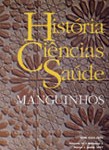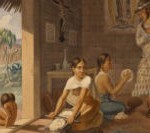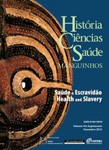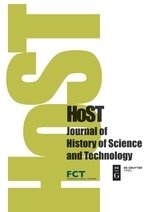December 2016
This issue of HCS – Manguinhos (vol.23 no.4 out./dez. 2016) offers an invaluable collection of articles on the topic of mental health. The focus is both inter- and transdisciplinary, bringing in not just psychiatry, psychoanalysis, and psychology but also history, sociology, anthropology, and education.
This new issue features 12 articles ranging from the relations between Catholicism, psychoanalysis and fascism in Italy during the interwar period to the so-called neuro-disciplines of culture.
The opening article discusses the effects of changes in the classification and understanding of mental illness since the the third revision of the Diagnostic and Statistical Manual of Mental Disorders (DSM) by the American Psychiatric Association in 1980. The document abolished the major categories in the diagnostic classification of mental illness, such as psychosis and neurosis.
Another paper analyzes the Franciscan priest Agostino Gemelli, an important figure of the Italian psychology in the 1930s and 1940s. The priest has played an important role in the articulation between the Catholic world and fascism in Italy during the interwar period. The text highlights the tension between his relative openness and his commitment to authoritarian ideologies.
Since the 1990s, several disciplines have emerged at the interface between neuroscience, and humanities. The paper “by the brain and in the brain?” focus on this topic. The authors provide an overview of these disciplines and of the fields of study originated by this interaction, such as cultural psychology and social neuroscience.
The new issue of HCS-Manguinhos also features some articles exploring mental health in Spain. One of them examines the importance of travel and professional networks in the origins of Spanish psychiatry. Another one analyzes the discourses and policies on intellectual disability during the late Franco regime, and a third one studies the discourses about curability in mental health care in Spain between 1890 and 1917.
This issue also offers an article about the medical use of techniques for psychological evaluation in the “dispensarios de lactantes” (infant and toddler clinics) in Buenos Aires within the framework of historical studies of psychology in Argentina, as well as a study of the early 20th century investigations into the nature of psychic and spiritual phenomena.










